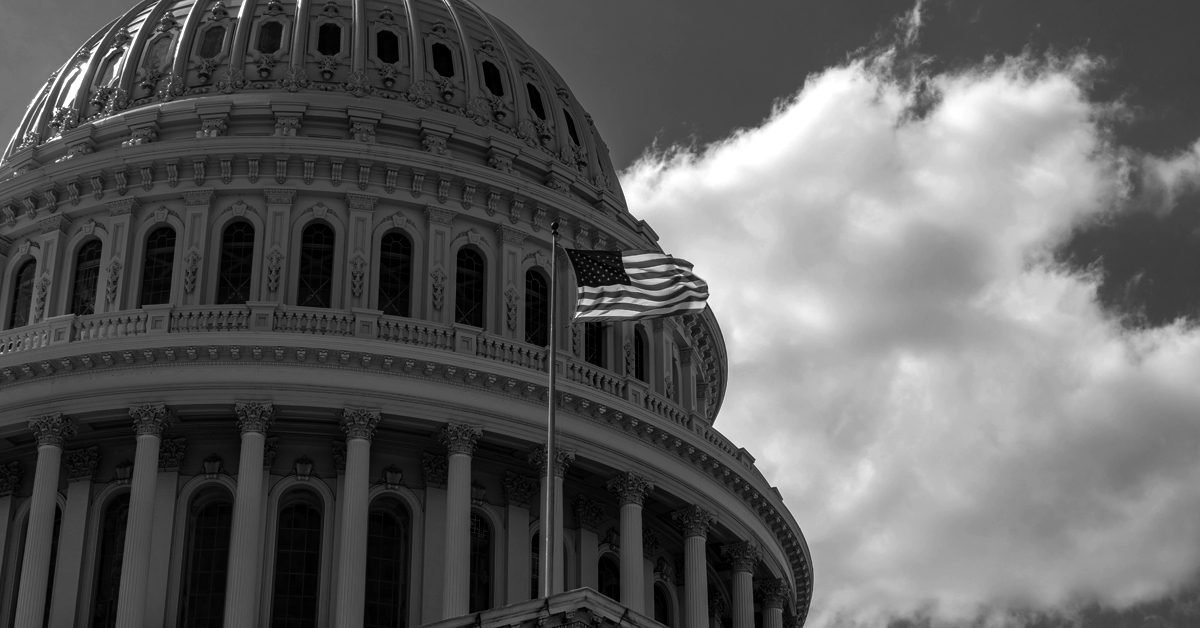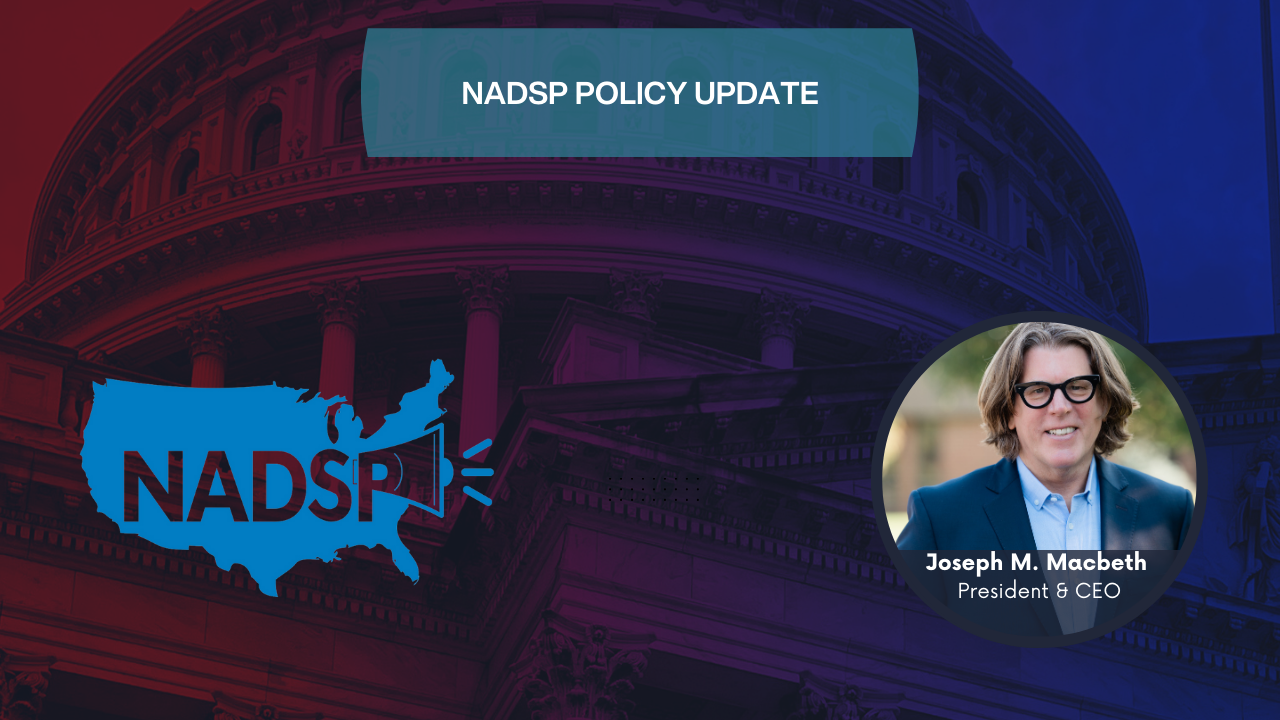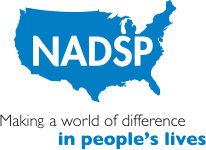
NADSP Policy Update: Federal Shutdown & SNAP Benefits, WIC Services
Dear Colleagues,
Because of the ongoing federal government shutdown that began on October 1, tens of thousands of Direct Support Professionals (DSPs) and the people we support are already feeling the strain of uncertainty. While national headlines focus on partisan gridlock, I want to briefly explain what’s happening and why it matters to our field.
What’s Happening in Washington
The current shutdown stems from deep disagreements about how to fund federal programs for the rest of the fiscal year.
Democrats in Congress are seeking to reopen the government with full-year funding and to restore recent Medicaid cuts enacted in the summer of 2025. Those reductions, which are scheduled to take effect over the coming year, would result in millions of Americans, including many people with intellectual and developmental disabilities, to lose access to essential supports and services. The same legislation would also eliminate state subsidies for Affordable Care Act insurance plans, driving up health-care premiums and out-of-pocket costs for nearly every American family.
At the same time, the majority party in the House and Senate maintain that the cuts are necessary “to save Medicaid.” Non-partisan policy experts however have concluded such reductions would reduce and further eliminate access to long term supports for those in need.
Because Congress has not agreed on a budget, appropriations for multiple agencies, including the U.S. Department of Agriculture (USDA), which oversees SNAP and WIC have lapsed. Without new federal funding, states may soon lack the dollars required to issue November SNAP benefits or sustain WIC services beyond early November.
How This Affects DSPs and the People We Support
We know that many direct support professionals work full-time yet still rely on SNAP or WIC to help provide for their families. At the same time, many people with intellectual and developmental disabilities also depend directly on SNAP for their nutritional needs, especially those living independently or on fixed incomes. The shutdown, therefore, threatens both DSPs and the individuals they assist, cutting into basic food security for thousands of households connected to our field.
Some states have already warned that November benefits could be delayed or paused, while others are mobilizing emergency resources to keep food flowing.
What States Are Doing
While federal funds are frozen, several states are taking steps to lessen the harm:
- California has allocated $80 million in emergency state funds and plans to deploy the National Guard to reinforce food-bank operations if SNAP lapses.
- Virginia declared a state of emergency, unlocking state reserves to assist with food aid should benefits be interrupted.
- Arizona, joined by 22 other states, has formally requested flexibility from the USDA to issue partial or advance SNAP payments to low-income households.
- Nevada has authorized use of its state disaster-relief account to sustain WIC services if federal support stops temporarily.
Across the country, at least 36 states have warned residents that November SNAP benefits may be delayed. Governors are exploring emergency funding, disaster-relief transfers, or expanded partnerships with food banks to fill the gap.
These actions vary in scope and speed, but they show that states are aware of the potential crisis and are doing what they can to protect families.
What You Can Do Now
- If you or someone you support relies on SNAP or WIC:
- Check your state’s SNAP and WIC websites daily for updates on November benefits.
- Call 211 or the USDA National Hunger Hotline (1-866-3-HUNGRY) to locate nearby food resources and food banks.
- Stay informed through local news outlets and NADSP’s updates—we will share verified information as it becomes available.
Why It Matters
Every time the federal government shuts down, the people doing the most complex and most compassionate work – direct support professionals – bear the brunt. You deserve stability, not fear over whether your family will have food next week. The same is true for the individuals with disabilities we support, many of whom live on limited incomes and depend on these programs for basic nutrition and health.
The larger debate about Medicaid and health-care funding has real-world consequences for the direct support workforce and for the people whose independence and well-being depend on your dedication.
The NADSP will continue to raise your voices in every forum we can, reminding all policymakers – regardless of party affiliation – that their budget fights have human consequences.
Please take care of yourselves and one another during this uncertain period.
With appreciation and solidarity,
Joseph M. Macbeth
President & CEO
National Alliance for Direct Support Professionals
You May Also Be Interested In …

DSP Advocacy During Developmental Disabilities (DD) Awareness Month

NADSP Policy Update: Federal Funding Update: FY2026 Appropriations and Potential Shutdown

NADSP Policy Update: Bipartisan Proposal Aims to Protect Essential Education Programs

